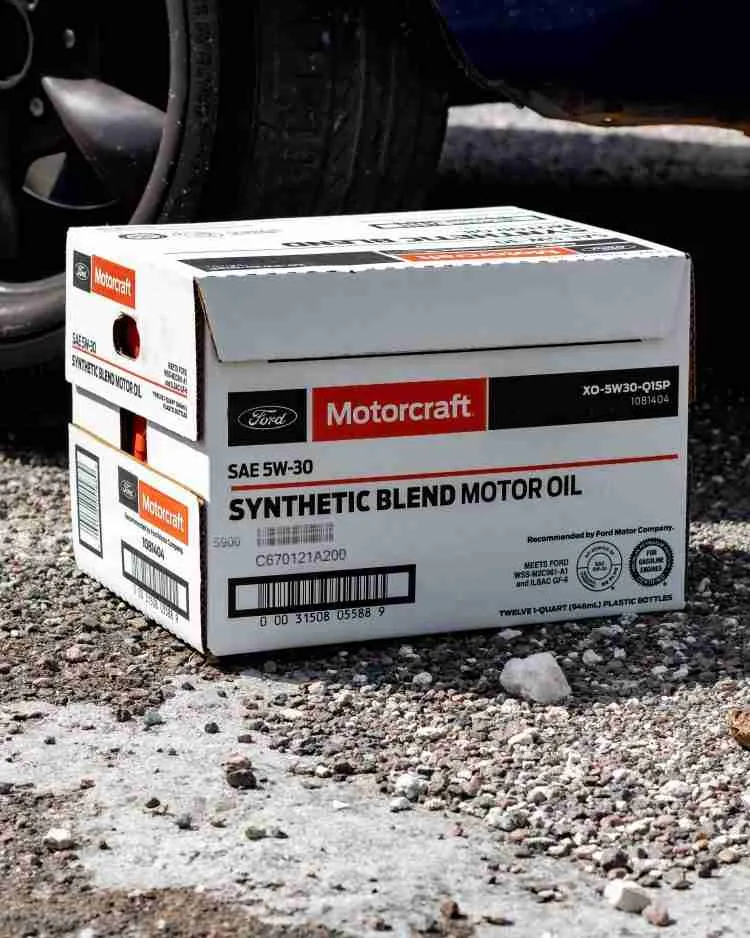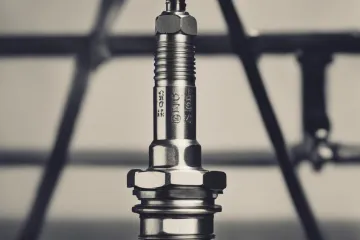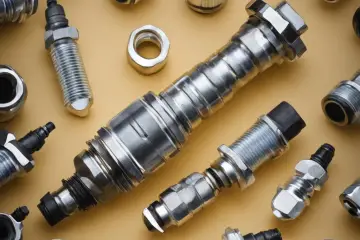How to Change Your Oil in 5 Easy Steps 2022

How to Change Your Oil in 5 Easy Steps
When it comes to car maintenance, one of the most important – and simplest – things you can do is change your oil. But doing it wrong can be a costly mistake.
That’s why we’ve put together this easy-to-follow guide on how to change your car’s oil in 5 easy steps. By following these steps, you’ll be able to do the job yourself, without having to pay for a mechanic. Plus, you’ll know that the job is done right, and your car will run a lot smoother (literally and figuratively).
So let’s get started!
What Type of Oil Should I Use in My Car?
The clerk at any oil seller can look in their database to see which type of oil is a good fit for your car. When it comes time to change your car’s oil, the first question you need to ask yourself is what type of oil should I use in my car? There are three types of motor oil on the market today: synthetic, synthetic-blend, and conventional.
Synthetic-blend motor oil is a mixture of synthetic and conventional base oils with additives found in both. It’s a great option if you’re not sure what to choose, because it gives you the benefits of both types of oil. Some car companies, like Mercedes-Benz and BMW, recommend only synthetic oil for their vehicles. But if you have a older car that wasn’t built for synthetics, you can stick with a synthetic-blend oil and not have any problems.
The best protection you can get in terms of motor oil is with synthetics. They outperform conventional oils in almost every category, and they come with a warranty from the manufacturer that guarantees the performance of the oil for a specific number of miles or time period.
How Often Should I Change My Car’s Oil?
How often you should change your car’s oil depends on the make of your car, driving habits, and type of oil used. Check your car’s owner’s manual to find out the manufacturer’s recommendations.
However, most mechanics generally agree that you should change your oil every 5,000 to 8,000 miles for most cars. There are also some cars that can go 10,000 to 15,000 miles before changing the oil. As a general recommendation, you should change your oil every 3,000 to 5,000 miles or every three to six months.
What Are the Consequences of Not Changing My Car’s Oil Often Enough?
You might be thinking, “My car’s only three years old—I don’t need to change the oil yet.” But you’d be wrong. If you don’t change your car’s oil often enough, you could end up with a seized engine.
Motor oil becomes sludge over time, as a result of the oil oxidizing and combining with carbon particles from the engine. This sludge can clog the oil pump pickup screen and oil passageways, preventing the engine from getting the lubrication it needs to run properly.
The bottom line? Change your vehicle’s engine oil at regular intervals to avoid build-up of carbon deposits and sludge, which can clog the oil pump pickup screen and oil passageways.
How Do I Change My Car’s Oil?
You should change your car’s oil every 3,000 miles or as specified in the car’s owner manual. It’s an important task that helps extend the life of your vehicle.
The process of changing your car’s oil is pretty straightforward. All you need is a few basic supplies and some elbow grease. Here are the steps you need to take:
1. Spread plastic sheeting on the ground and drive the car onto it. This step is optional if you don’t want to jack your car.
2. Remove the oil plug and let the oil drain into a container.
3. Replace the oil plug and tighten it with a wrench, preferably an adjustable one.
4. Remove the old oil filter and replace it with a new one.
5. Refill the engine with new oil to the amount your engine is design to hold. Use your engine dipstick to see if it is a good amount. You don’t want too much or too little oil in your engine.
What Should I Do With the Used Oil?
When you’re done changing your car’s oil, you have to do something with the old oil. This is something you may not have known before, but it’s really important that you manage used oil properly.
Just because the oil is dirty doesn’t mean it’s not hazardous. Used oil can contaminate soil, water and air if it’s not managed properly. So what should you do?
The law requires you to recycle used oil. There are a lot of places that will take your old oil, so it’s easy to do. Just go to your nearest recycling center and they’ll take care of the rest.
But recycling isn’t the only option. Used oil generators and collectors hope to avoid the costs of used oil contamination. If you’re interested in this option, there are a lot of companies that will collect your old oil for free.
How much does it takes to change your oil at the autos shop?
Changing your car’s oil is a pretty basic maintenance task, but it’s one that a lot of people are intimidated by. Or they simply don’t have the time for. That’s where an auto shop comes in—they can take care of it in a fraction of the time, and for a fraction of the cost.
How much does it take to change your oil at the auto shop? Well, that depends on the make and model of your car, as well as the type of oil you choose. But typically, prices range from $35 to $75.
There are also ways to lengthen the amount of time between oil changes. If you go more than 3,000 miles between changes, you can buy a better quality filter that will help keep your oil clean.
Conclusion
Changing your car’s oil is a crucial part of maintaining your vehicle and keeping it running smoothly. It’s not a difficult process, but it’s important to follow the right steps to make sure the job is done correctly.
If you’re not comfortable changing your own oil, or if you don’t have the time or equipment to do it yourself, you can always take your car to a mechanic. But if you’re looking to save some money, follow these simple steps and do it yourself.












No Comment